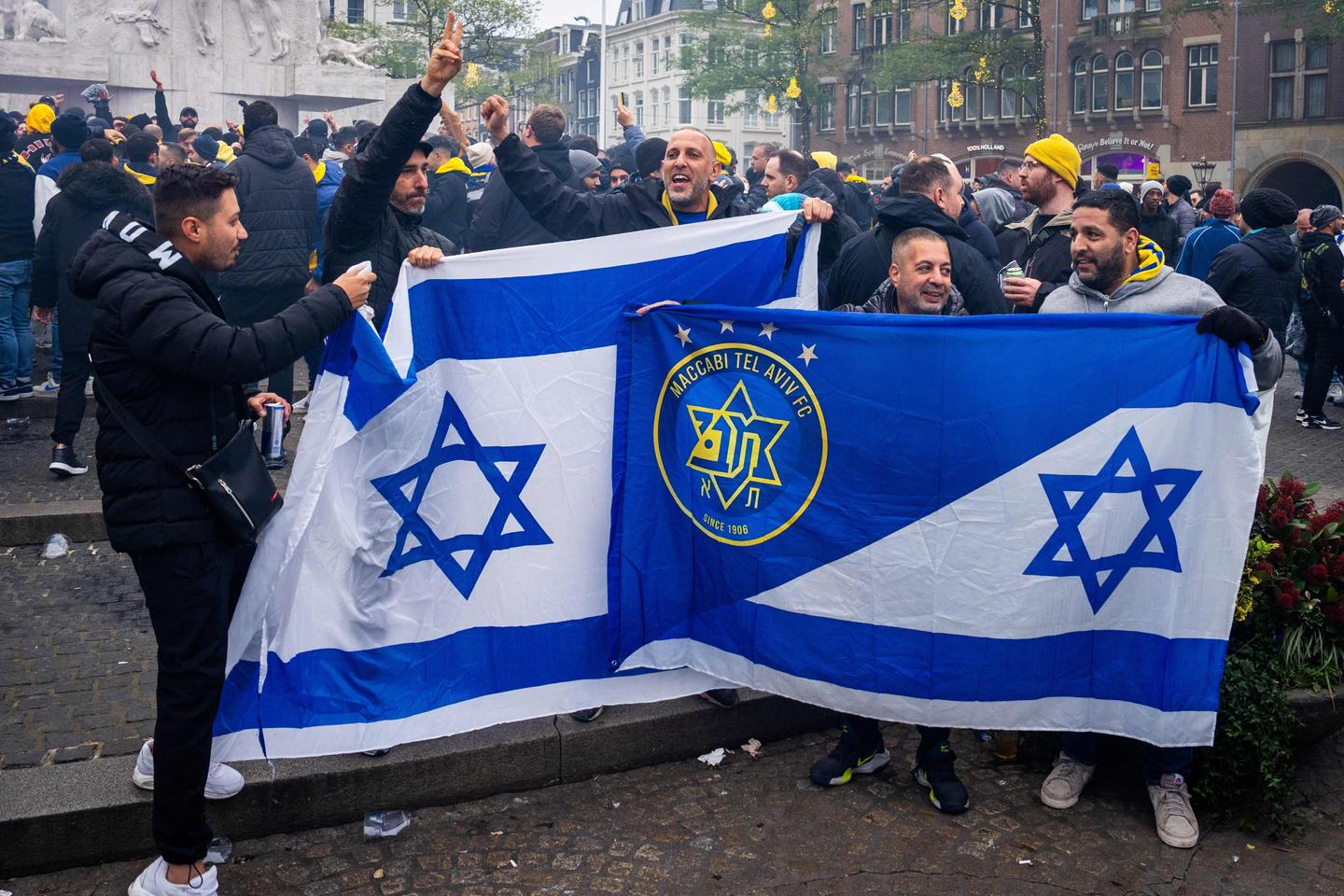


Dutch populist Geert Wilders acted with intent on the morning of Friday, November 8, by invoking the term "pogrom." This term is particularly loaded with historical connotations in a country slow to acknowledge its role in the Holocaust, which claimed over three-quarters of its Jewish population. What had just unfolded in Amsterdam was to bolster his theory: The perpetrators of the violence were "thugs" of Arab origin, and this demonstrated the incompatibility between "mass immigration" and "Islamization," on the one hand, and a democratic system on the other.
In the hours leading up to these messages from the leader of the Party for Freedom (PVV), on X, the city had experienced a night marked by manhunts, insults and beatings, sometimes preceded by random passport checks. After the Ajax Amsterdam-Maccabi Tel Aviv football match, being Israeli or Jewish meant facing attacks by violent gangs and being forced to shout, "Free Palestine!"
In the wake of Wilders' comments, now at the head of the kingdom's leading party – in 2023, the PVV won 23.5% of the vote – the Israeli prime minister and the president echoed the use of the term "pogrom." Benjamin Netanyahu added fuel to the fire by suggesting the deployment of a "rescue mission" for the roughly 3,000 or so supporters in the Netherlands. Television networks, social media and other outlets were caught off guard by this surge of violence driven by social platforms whose risk had evidently been underestimated. They reported the events widely before adopting a more measured perspective and acknowledging the actual extent of the situation.
Increase in anti-Semitic acts
Five people were briefly hospitalized, and around 30 others sustained minor injuries, with approximately 60 arrests made so far. This tally does not diminish the gravity or significance of an appalling evening, but it clearly falls short of fitting the definition of a "pogrom." "In a pogrom, members of the majority of a society attack a powerless and unarmed minority, with the passive or active backing of the state," Amos Goldberg, a specialist in the Holocaust at the Hebrew University of Jerusalem, recalled in the Dutch-language Belgian daily De Morgen on November 16. In his view, the events in Amsterdam were "nothing like" this.
While expressing concern about the rise in anti-Semitic acts since the outbreak of war in Gaza, local Jewish community leaders acknowledged that their community was not the primary target of the violent groups active on 7 November. Instead, it targeted Israeli supporters, the most radical of whom, the Fanatics, had taken down and burned Palestinian flags, and shouted their desire to "fuck the Arabs" and "avenge" the hostages held captive by Hamas.
You have 48.25% of this article left to read. The rest is for subscribers only.
